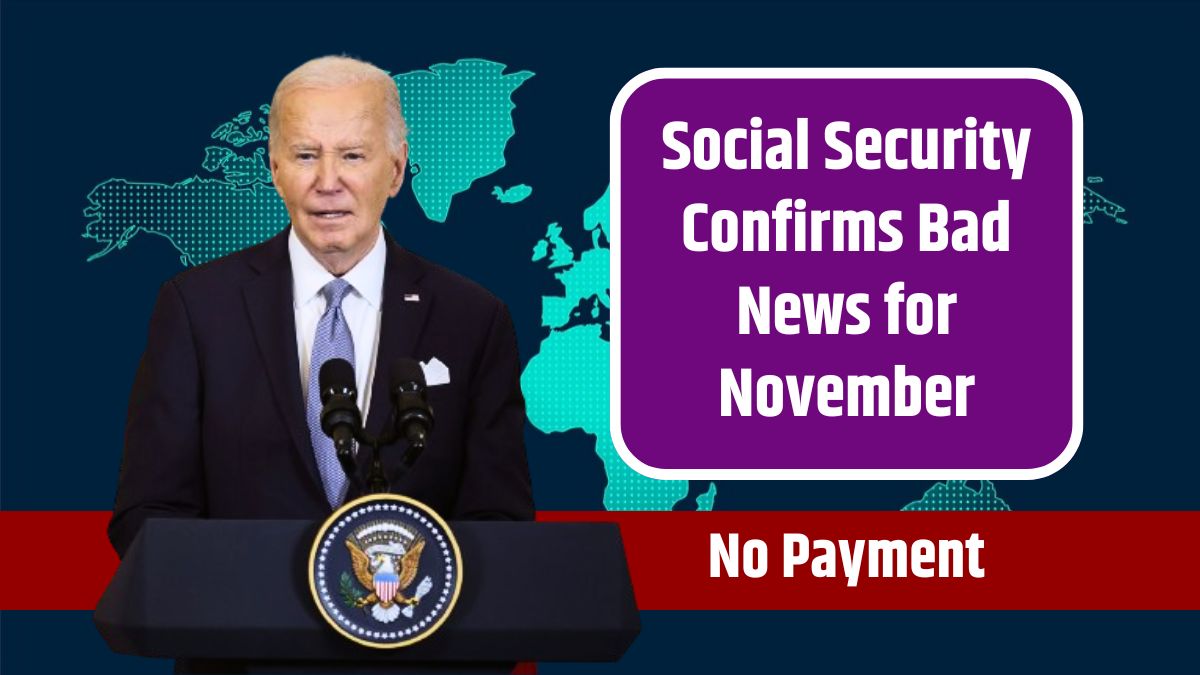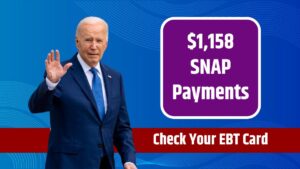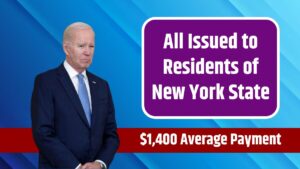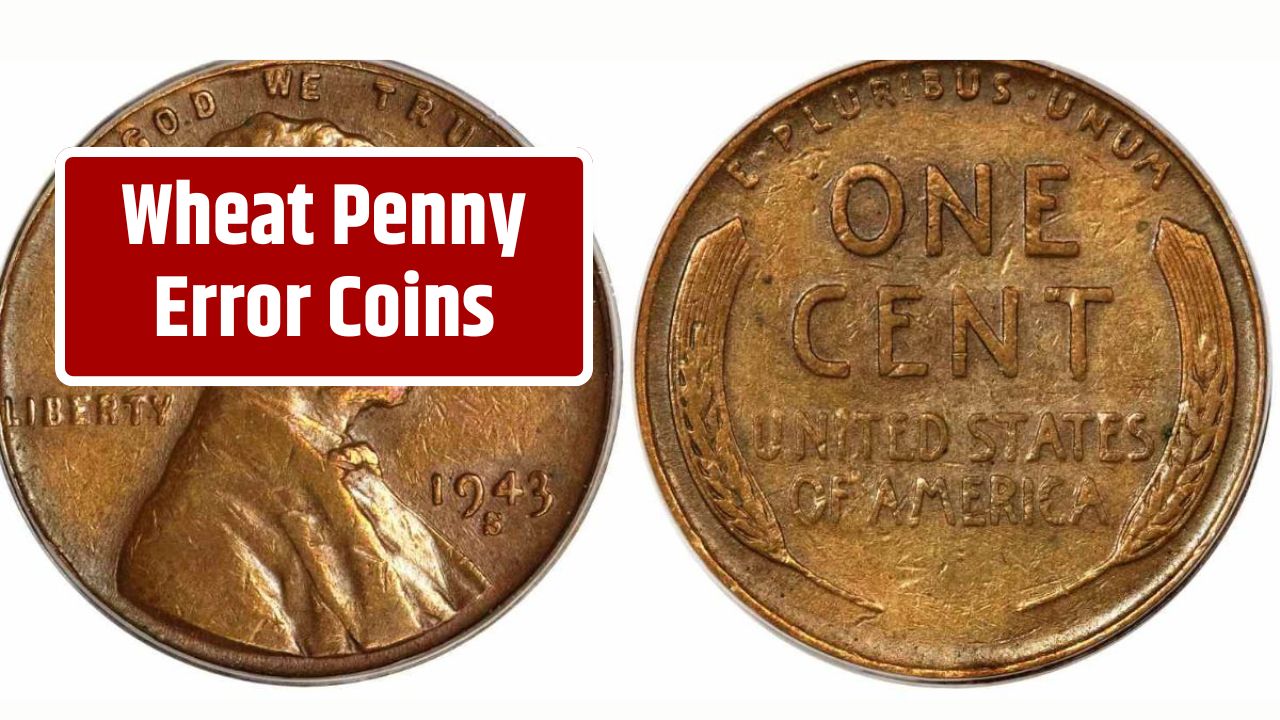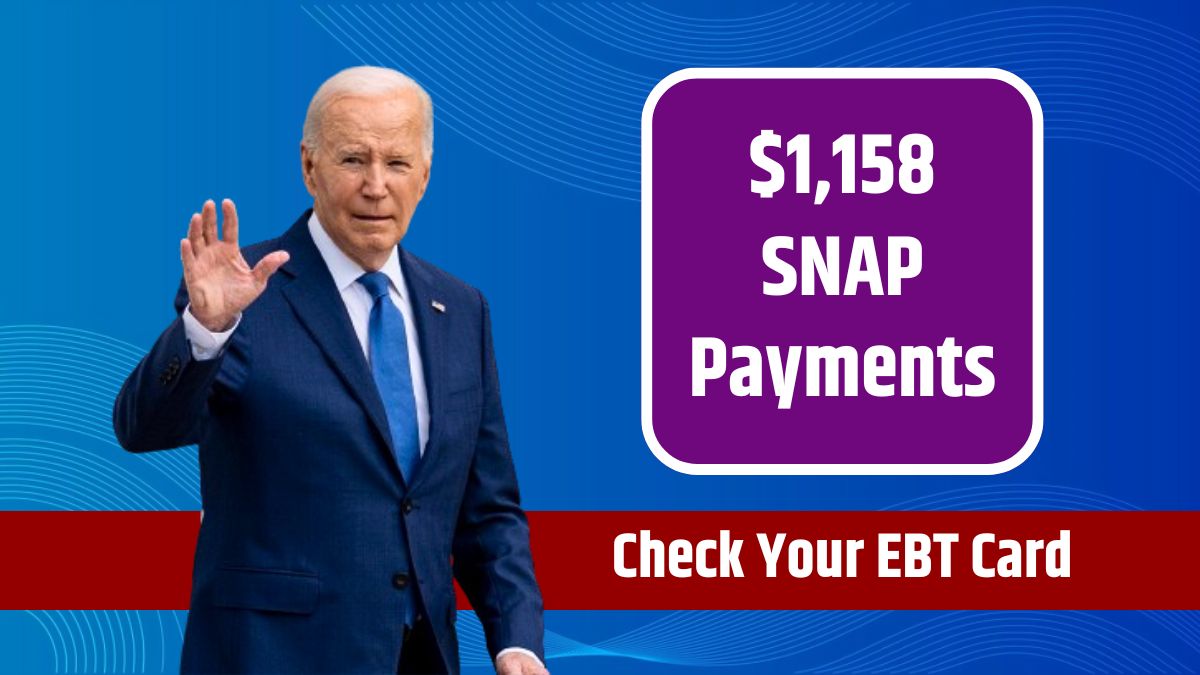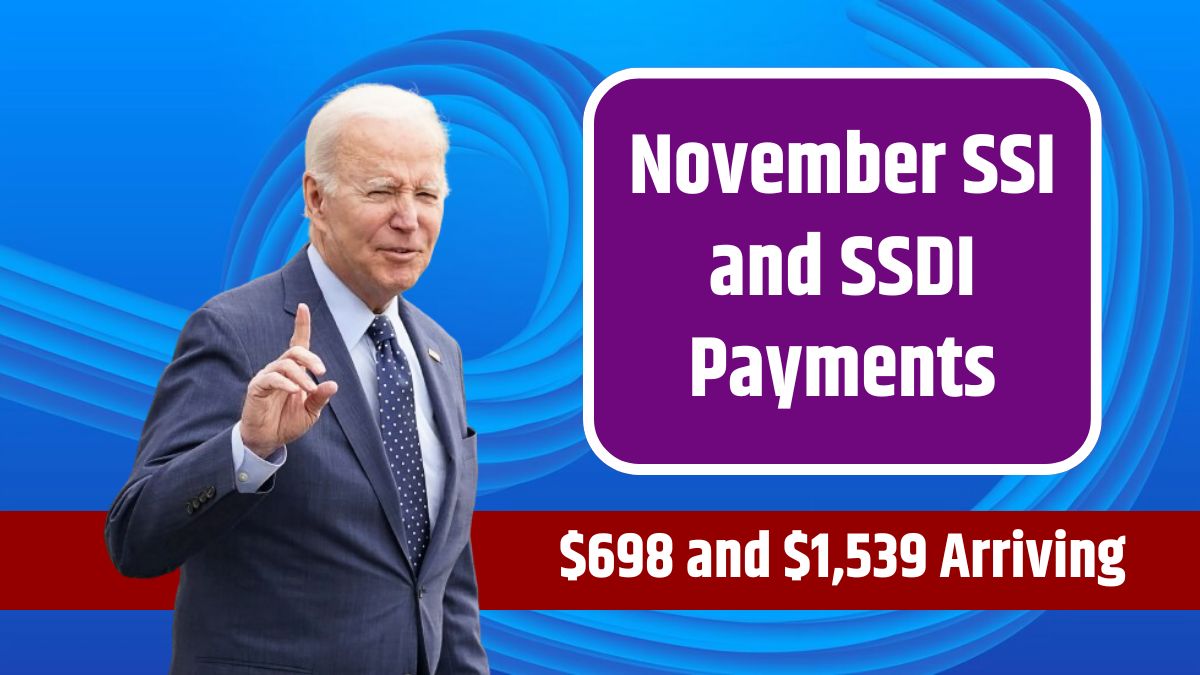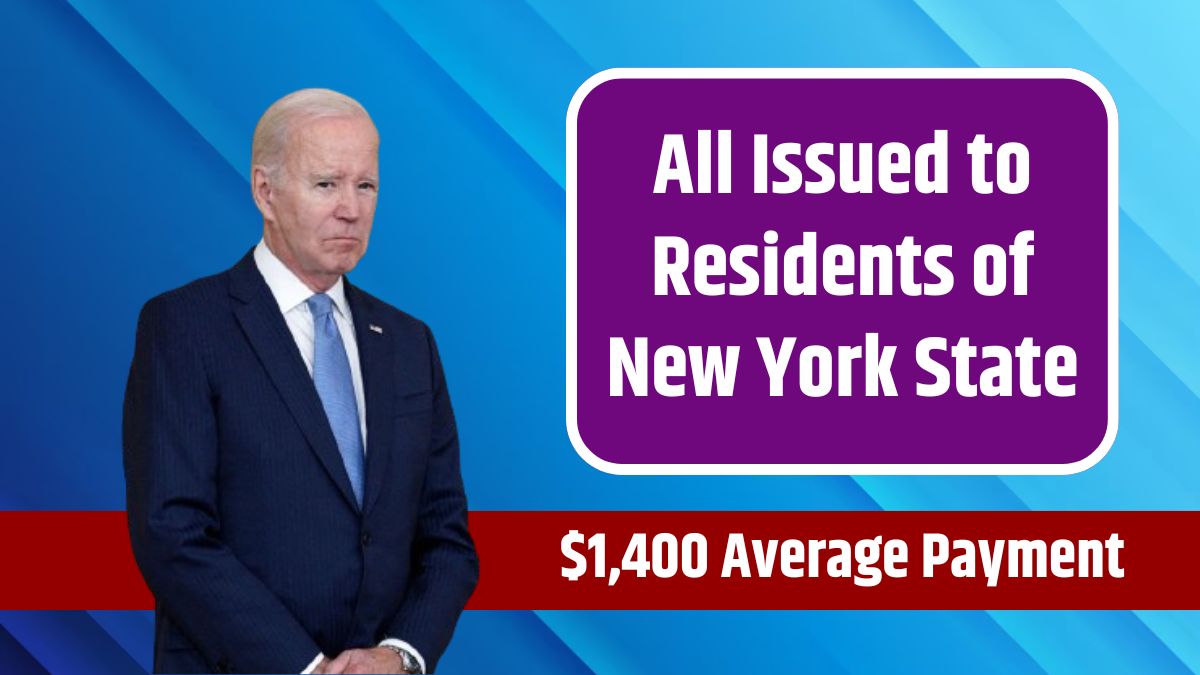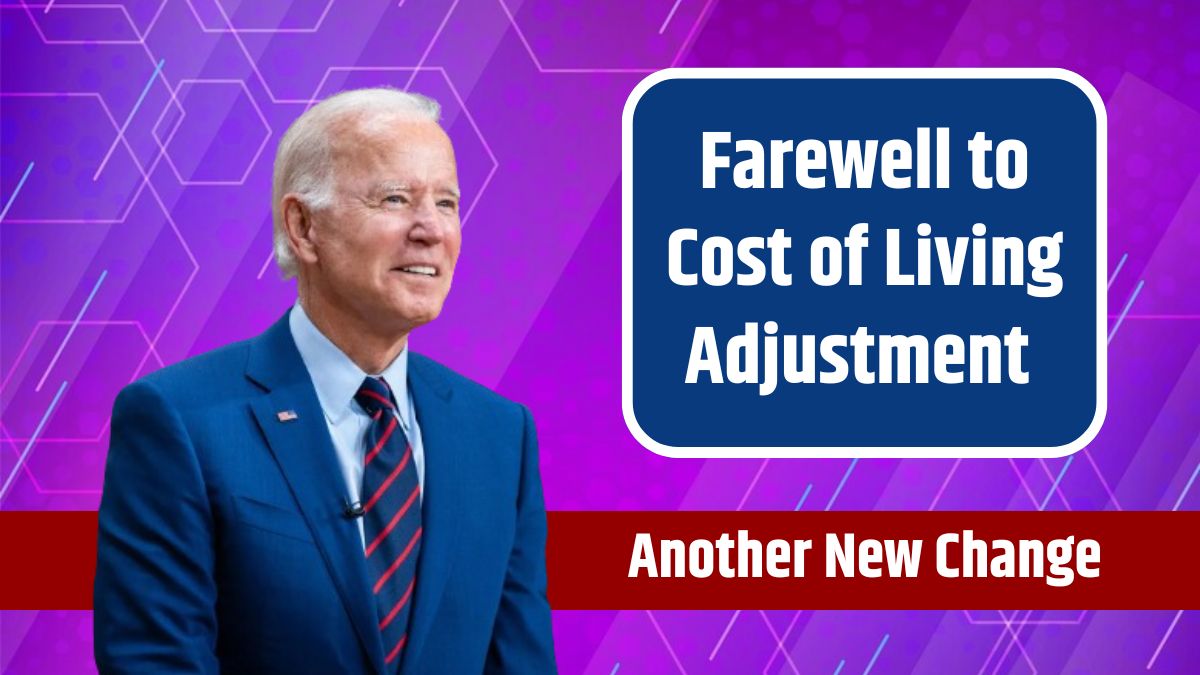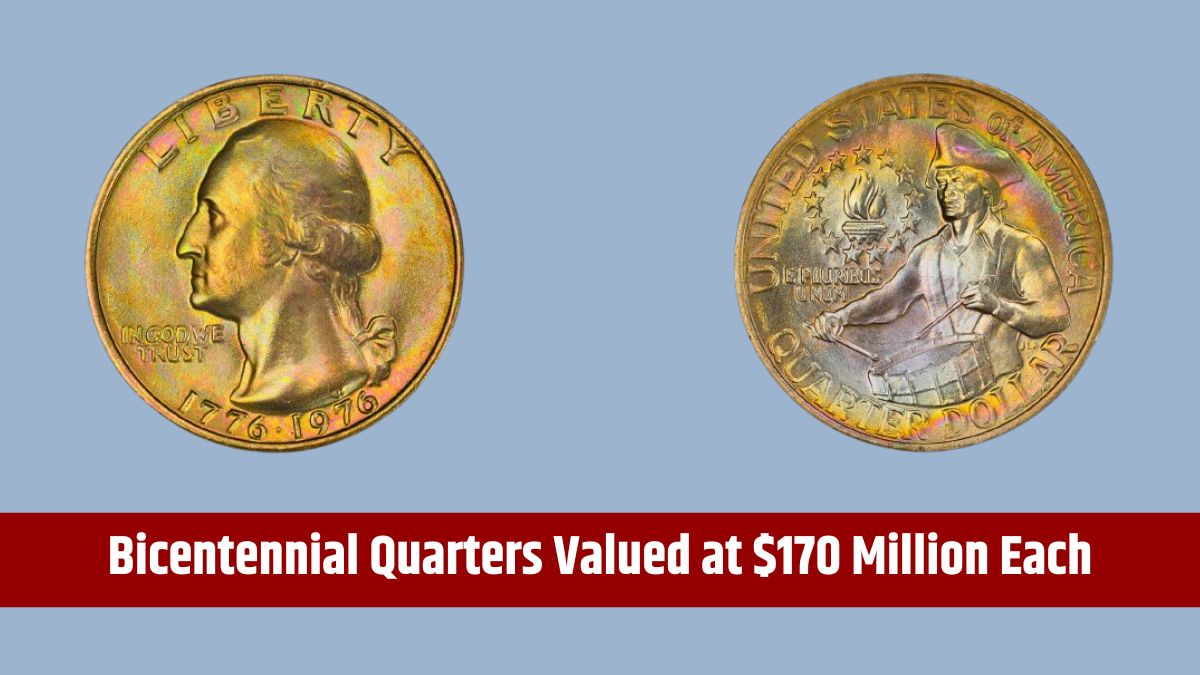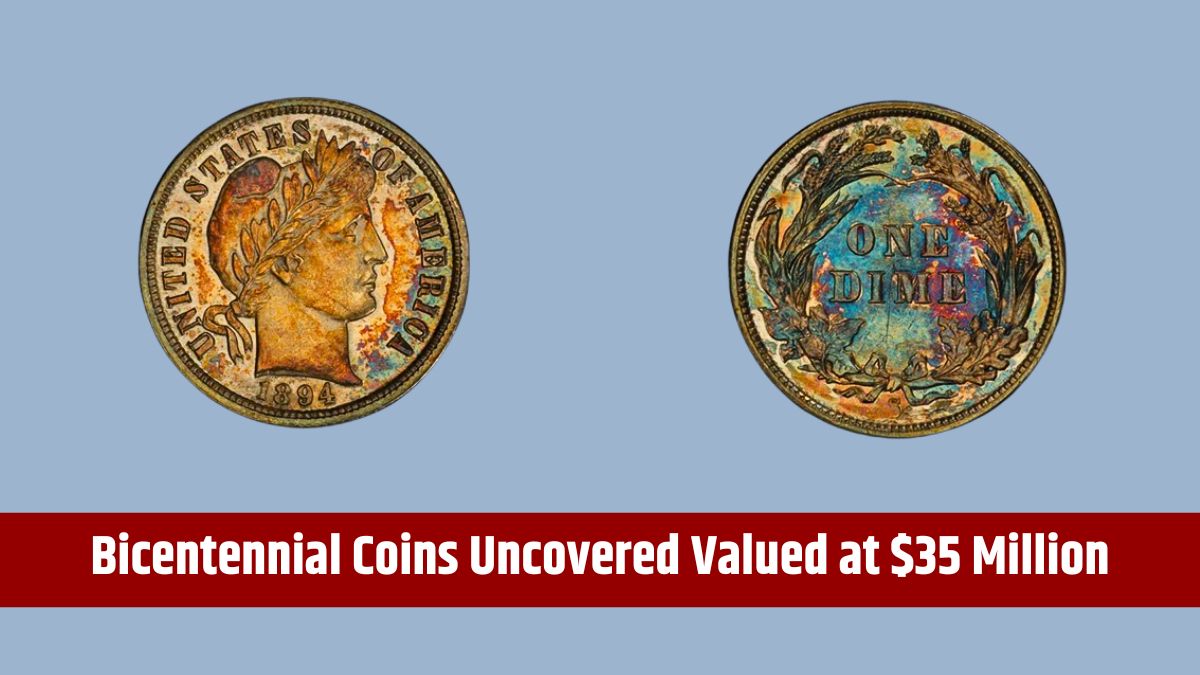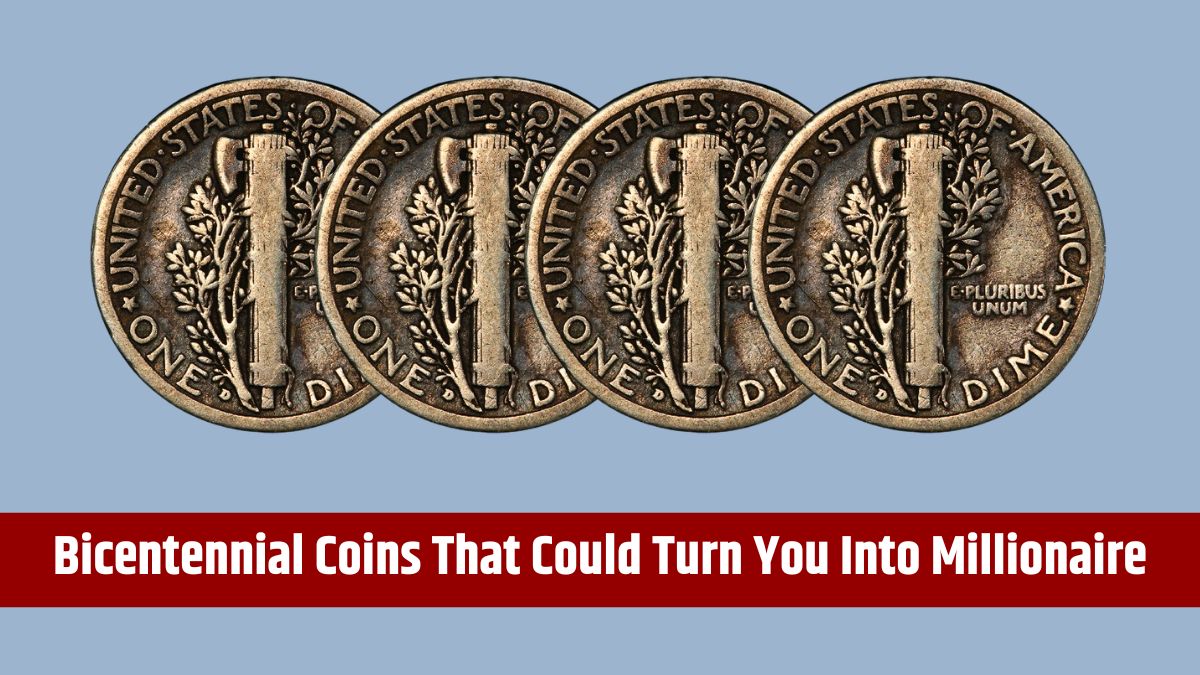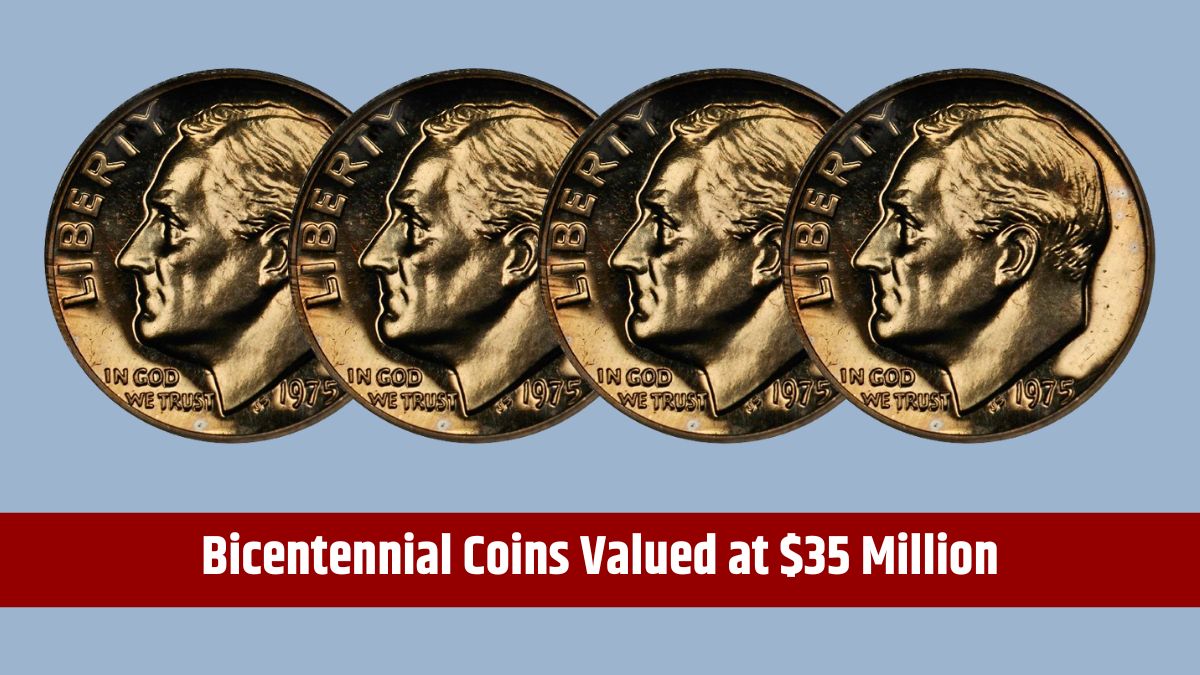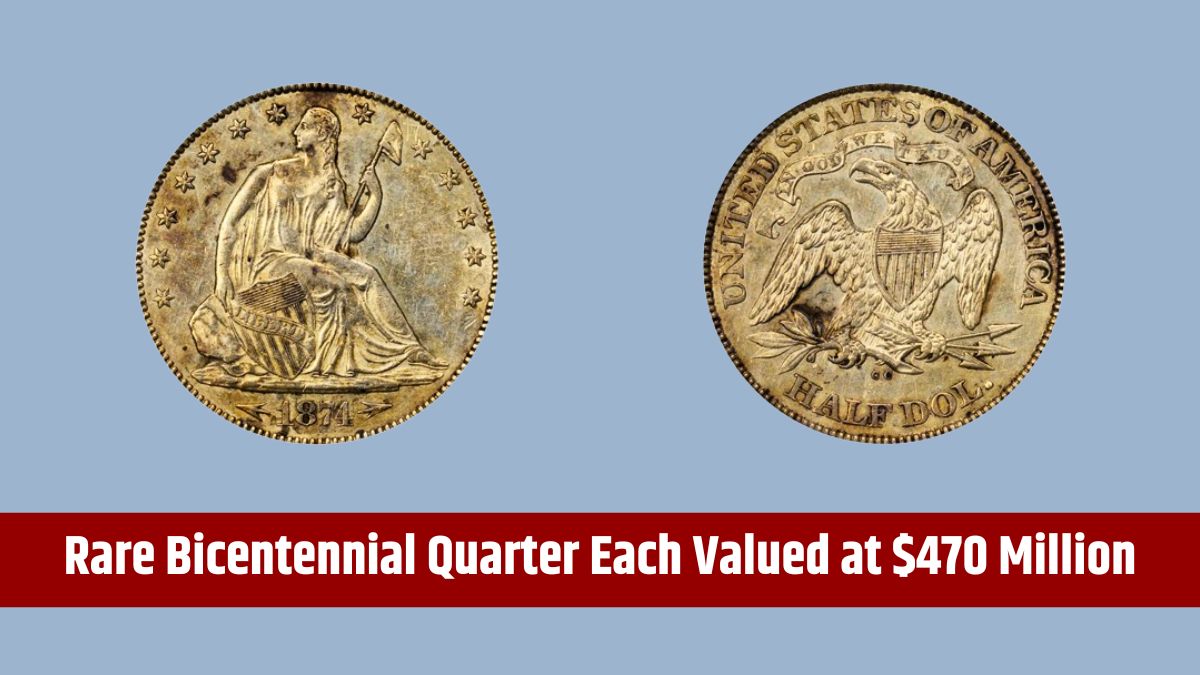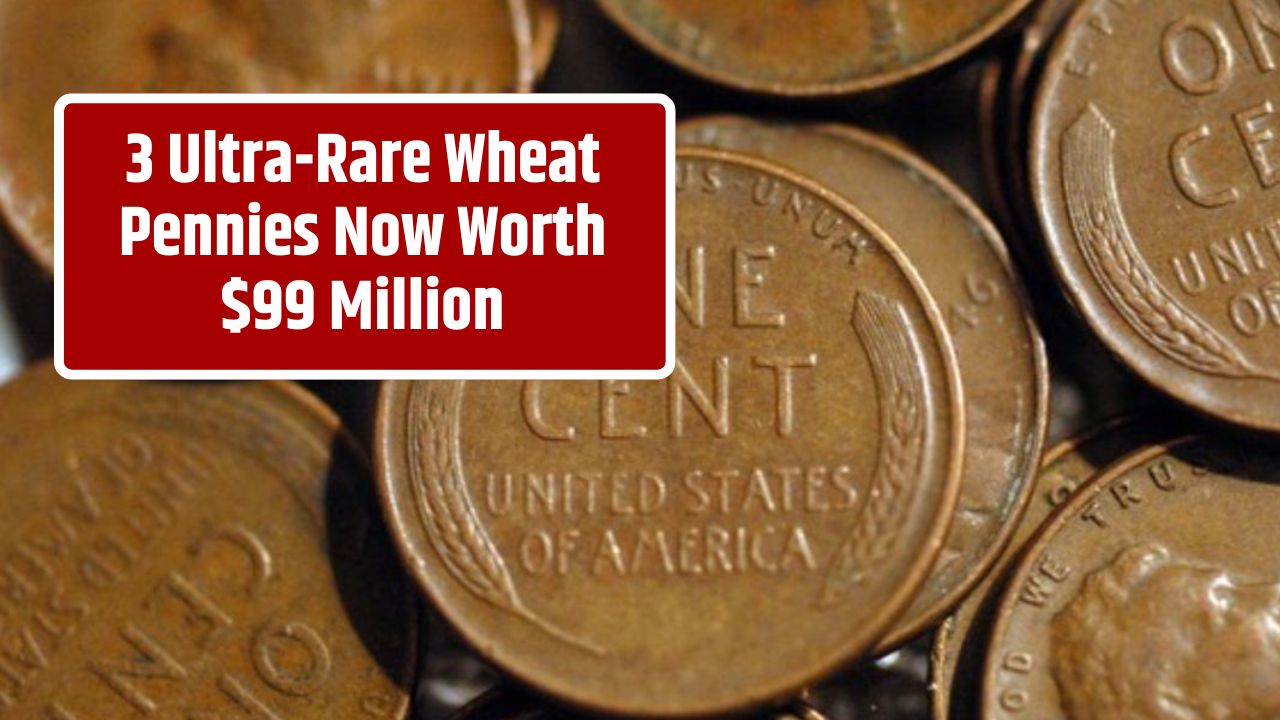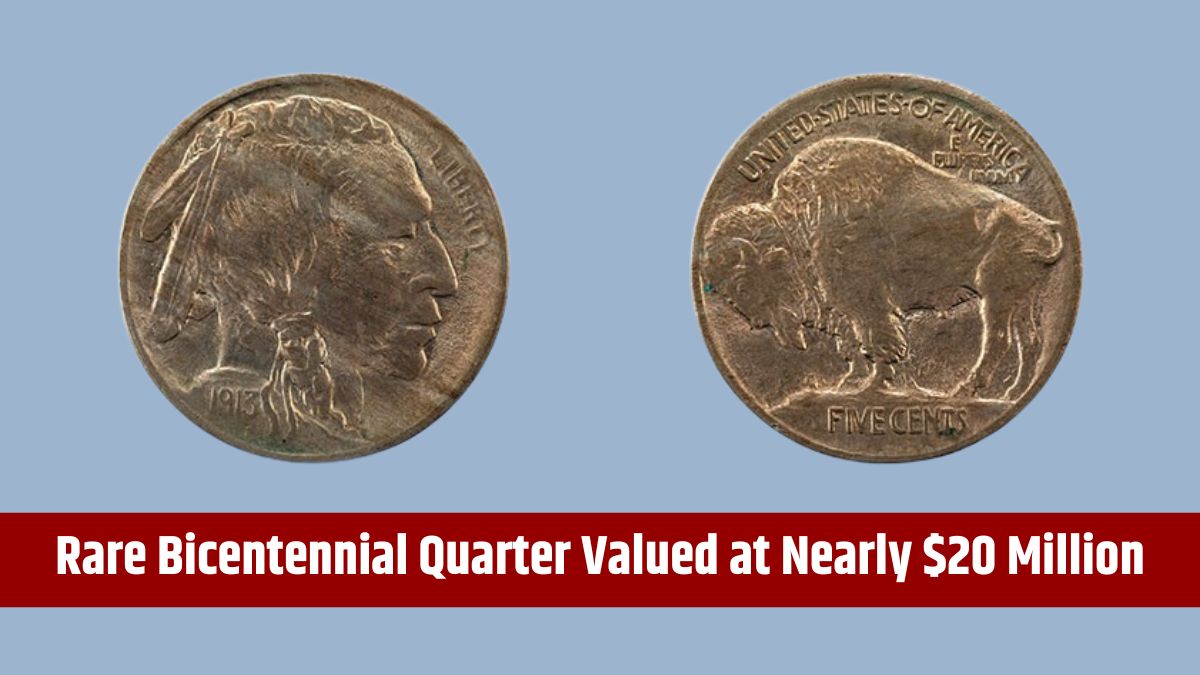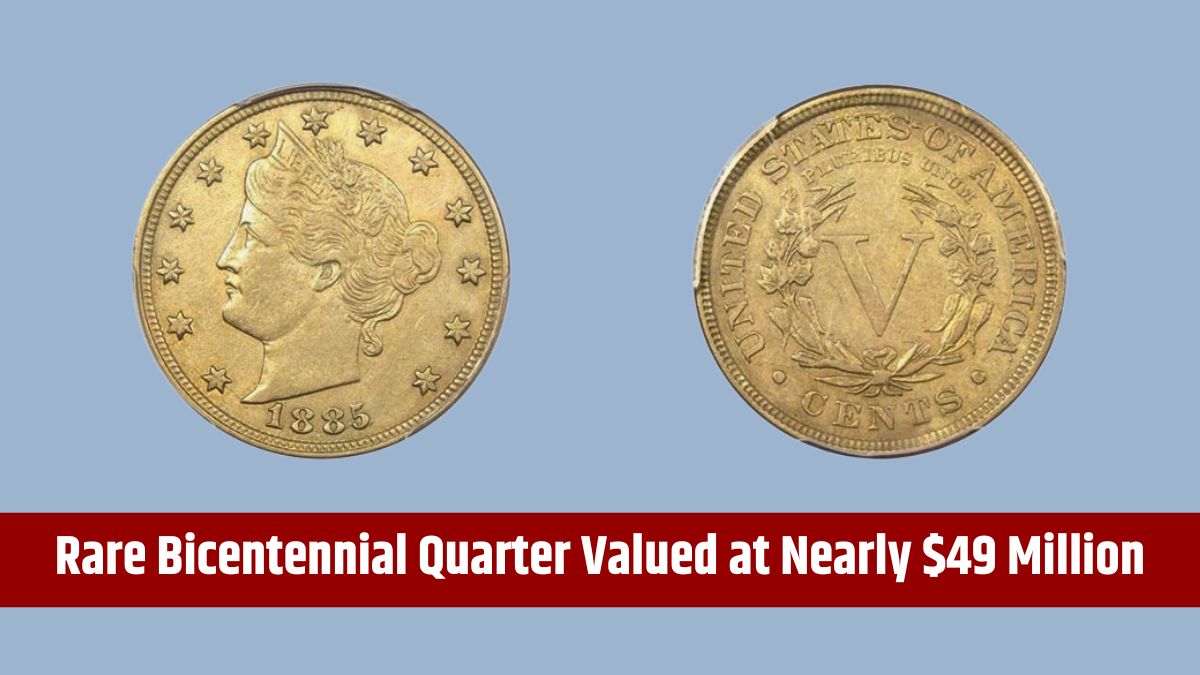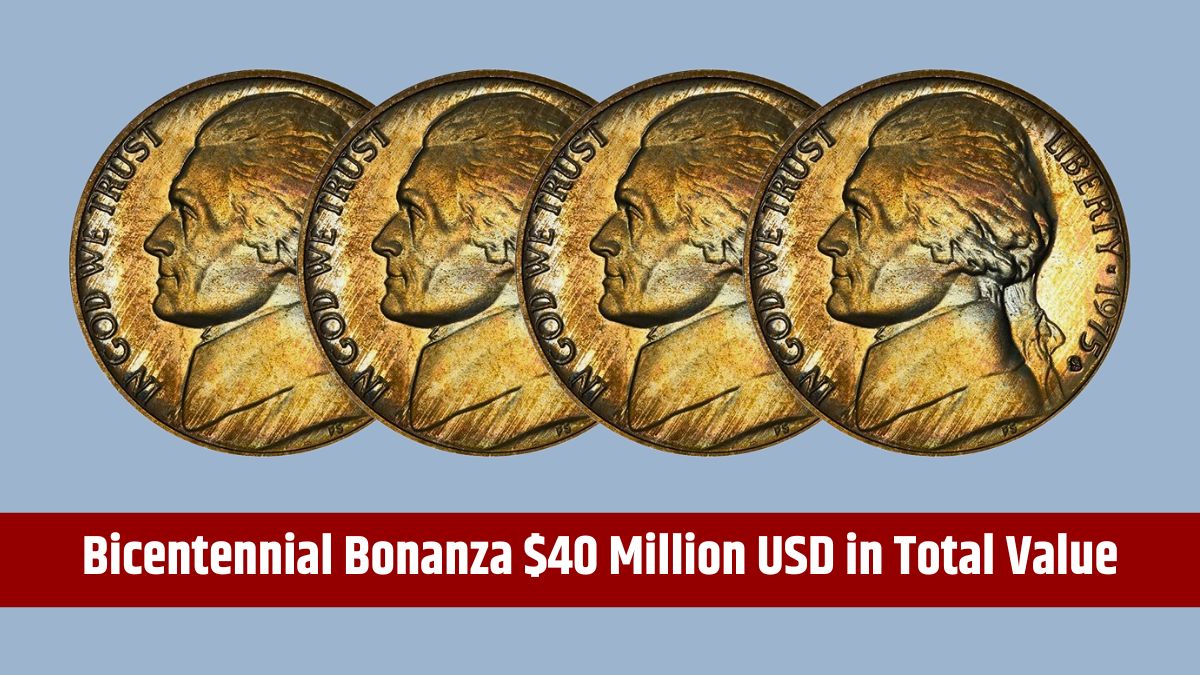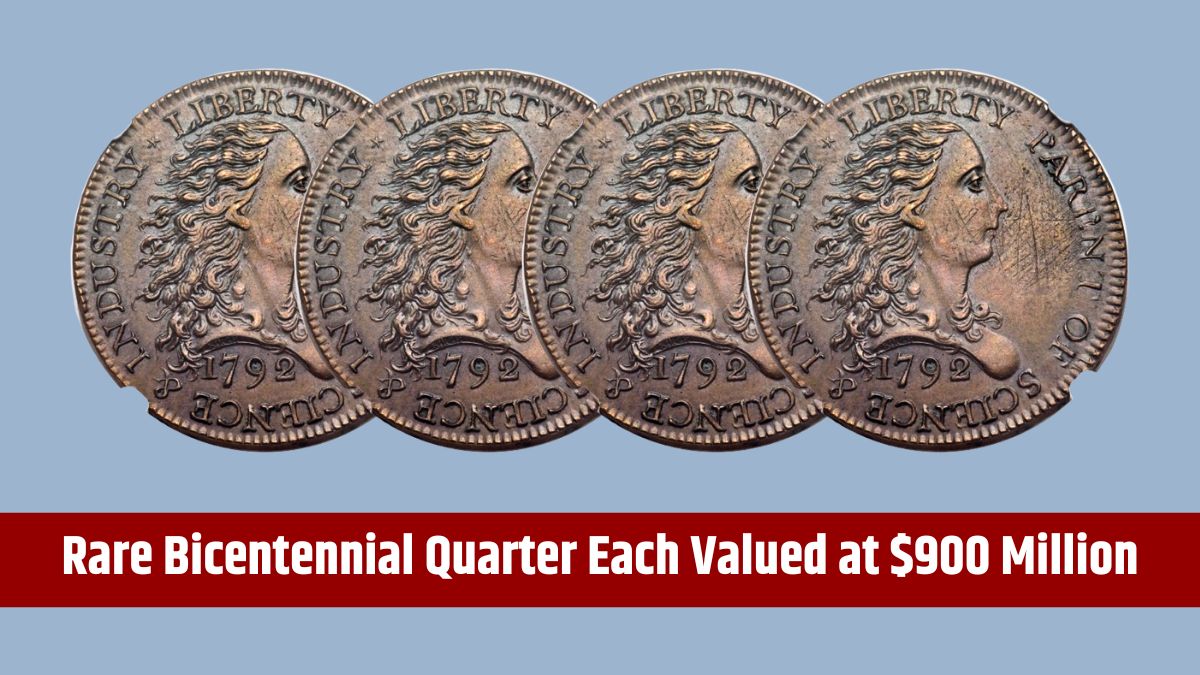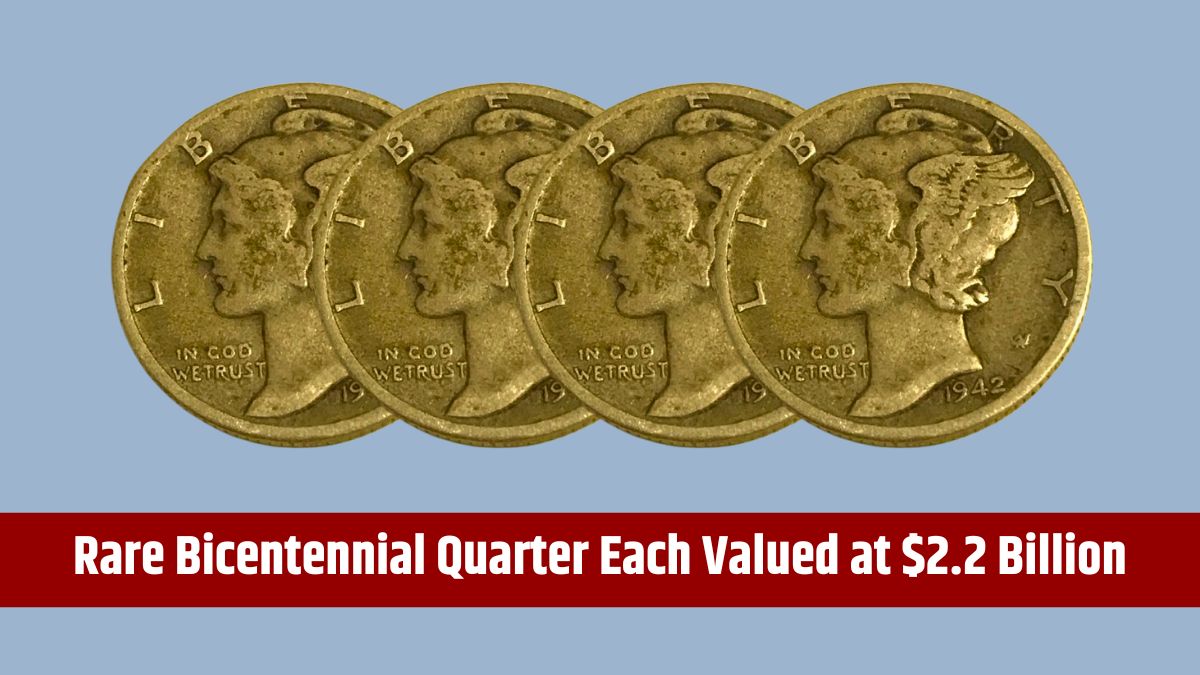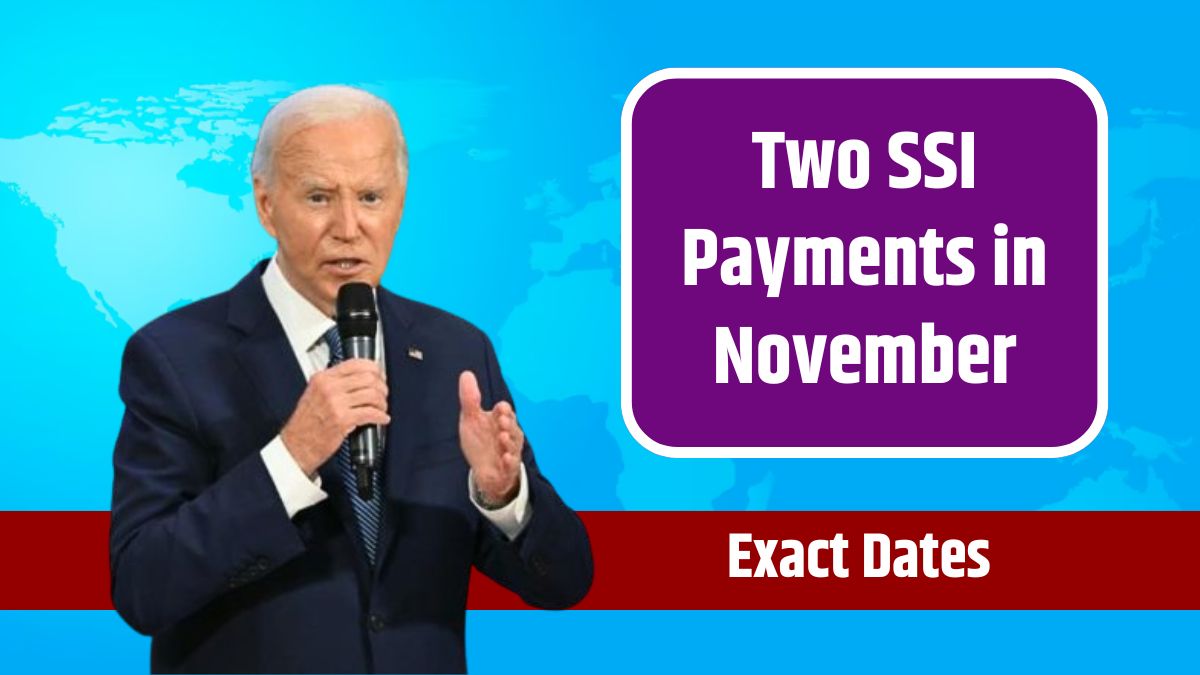The American Rescue Plan Act (ARPA), established in 2021 during the height of the COVID-19 pandemic, aimed to provide significant economic relief to Americans. With $3 billion allocated by the Economic Development Administration (EDA), the plan’s focus was on supporting households reeling from lost income.
The goal was clear: assist individuals in recovering financially from the pandemic’s repercussions. As the country transitions into 2024, rumors about additional payments continue to surface, leaving many wondering what’s true and what isn’t.
Federal Payments
The COVID-19 pandemic had devastating impacts on employment and income levels, with millions facing job loss and reduced earnings. The federal government responded with multiple rounds of stimulus checks to alleviate economic hardship. These payments were:
- First round: Up to $1,200 per individual.
- Second round: $600 per individual.
- Third round: $1,400 per individual, under the ARPA in 2021.
Eligibility for the third payment included single filers earning up to $75,000 annually and joint filers earning up to $150,000 combined. Despite three stimulus distributions, some Americans continue to face economic struggles, especially those suffering long-term health impacts from COVID-19. Additionally, inflation has compounded financial pressures, raising the cost of living nationwide.
Fourth Payment
Recently, a rumor suggested that a fourth stimulus payment of $1,400 would be issued in October 2024. This claim sparked significant interest, especially given the backdrop of rising costs. However, the Federal Reserve has not confirmed any plans for a fourth round of payments.
The confusion may have stemmed from the IRS’s reminder that individuals who missed any pandemic-era stimulus payments could still file to claim their rebates until April 25, 2025. This legitimate opportunity could have been misinterpreted as news of a new payment.
Clarification from the IRS
The IRS has consistently faced issues with misinformation, particularly around stimulus payments and other tax-related matters. A recent example involved a viral claim on Facebook that stated the IRS would distribute $185,000 to homeowners. This claim was entirely unfounded, reflecting the spread of false information and the public’s understandable desire for financial assistance amidst rising housing costs.
Misinformation like this can mislead taxpayers, prompting anxiety and potentially risky financial decisions. To counter these issues, the IRS focuses on:
- Accurate information dissemination: Official IRS websites and announcements are the primary sources of truth.
- Educational campaigns: Public resources and information sessions help taxpayers understand their rights and obligations.
- Social media awareness: Informing the public on how to identify and avoid scams and misinformation.
Impact of Fake News
The prevalence of misinformation has several motivations. In some cases, individuals may share false claims simply out of frustration with economic policies or government decisions. Others might spread unverified information to increase social media engagement, as sensational stories attract clicks and shares. Unfortunately, more nefarious actors intentionally spread disinformation to manipulate public perception or exploit fear for personal gain.
This mix of motives underscores why verifying information is critical. Checking news with official sources, such as the IRS website or government press releases, can help prevent disappointment or financial scams.
Misinformation
Given the challenges posed by fake news, taxpayers should adopt a few precautionary steps:
- Rely on official sources: The IRS and other government entities provide accurate, timely updates directly on their websites and through verified social media channels.
- Avoid sharing unverified claims: Sharing rumors can contribute to their spread, causing more confusion.
- Stay informed through trusted media: Reputable news outlets typically fact-check and corroborate stories before publication.
By taking these measures, individuals can safeguard themselves from falling victim to misleading information.
As we move forward into 2024, it’s important to remain informed and vigilant. While the federal government continues to support recovery efforts, rumors about new payments should always be checked against verified sources to avoid confusion and potential scams.
FAQs
Is there a fourth COVID-19 payment in 2024?
No, the Federal Reserve has not announced any new payments.
Can I still claim missed stimulus payments?
Yes, you can file to claim missed payments until April 25, 2025.
Was the IRS paying homeowners $185,000?
No, that claim was false and unsupported by any evidence.
Why do fake news claims about payments spread?
Misinformation spreads due to fear, frustration, and attention-seeking.
Where should I check for IRS updates?
Always refer to the official IRS website or trusted media outlets.

